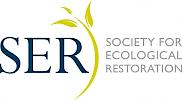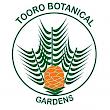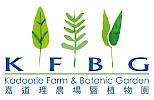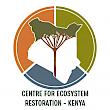
Nature-based solutions can be powerful tools for solving environmental problems.
However, many of these projects - such as tree planting - often fall short and cause harm to ecosystems and local communities.
To address this issue, Botanic Gardens Conservation International (BGCI) and a consortium of partners are introducing The Global Biodiversity Standard (TGBS) - a site-based certification to assure that tree planting, habitat restoration and agroforestry practices are protecting, restoring, and enhancing biodiversity.
TRAFFIC, as a technical partner, has provided expertise on sustainable resource use and trade to develop TGBS methodology and training modules.
The Global Biodiversity Standard is rooted in extensive research and provides a framework to restore ecosystems in a way that enhances biodiversity, absorbs carbon, and benefits local communities.
What is the Global Biodiversity Standard?
It's the only international standard dedicated to protecting, restoring, and enhancing biodiversity while supporting local communities.
TGBS certifies land management projects like habitat restoration and tree planting, ensuring they support biodiversity.
It employs real-time monitoring tools like cameras and remote sensing for accurate assessment of biodiversity outcomes.
The standard aims to foster thriving landscapes where both nature and communities flourish.
Explore The Global Biodiversity Standard further
How was the global biodiversity standard developed?
The Global Biodiversity Standard was developed with the support of a worldwide group of experts in biodiversity, ecosystem restoration, and land management.
TGBS methodology was tested in six countries with the help of leading botanical gardens and conservation groups, ensuring its effectiveness across diverse environments and cultures.
Watch a webinar introducing the Global Biodiversity Standard.






















